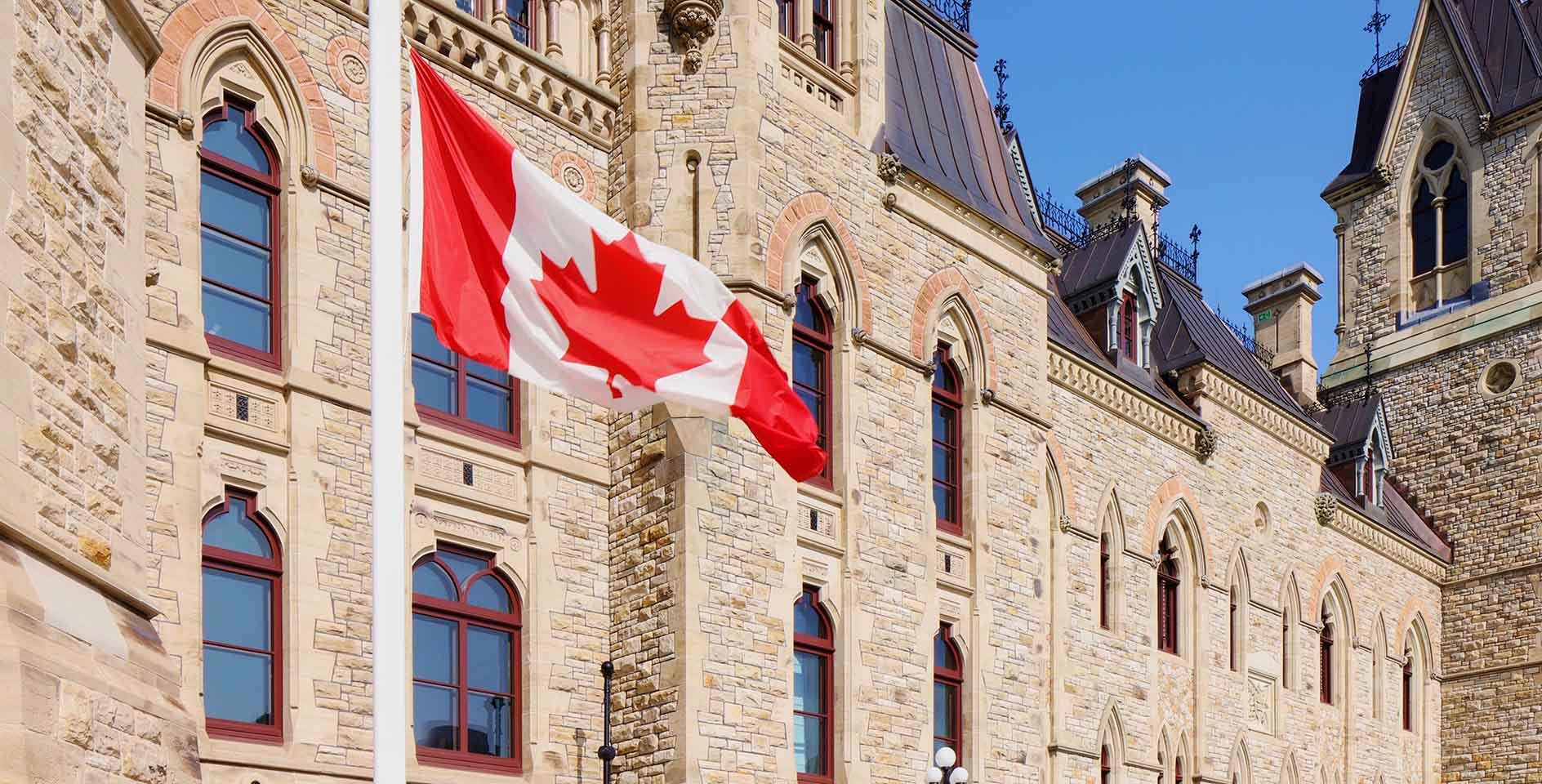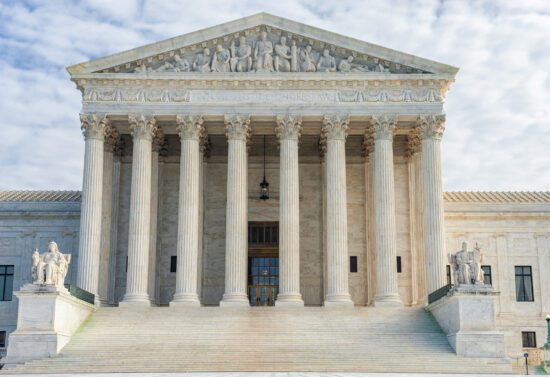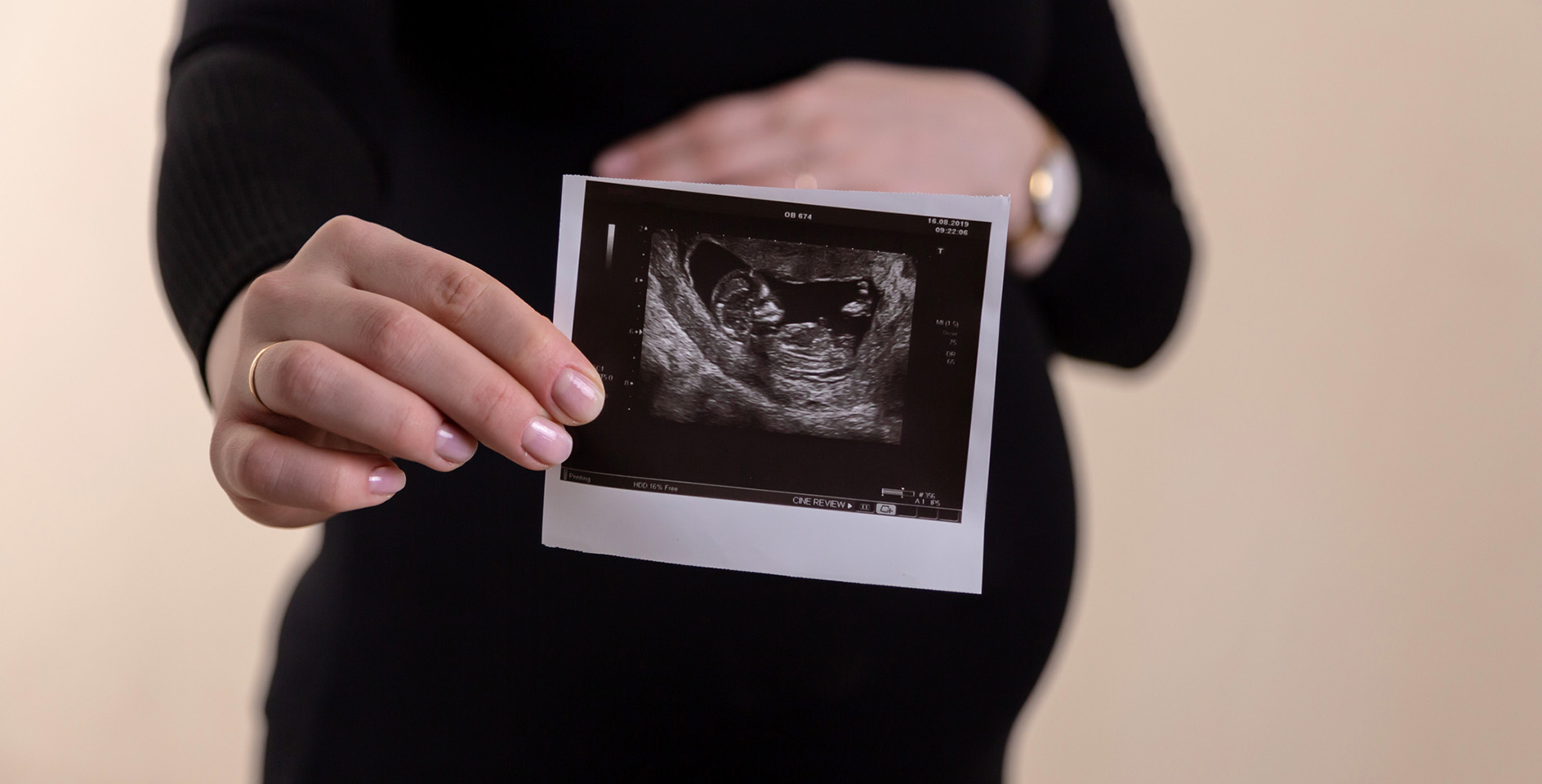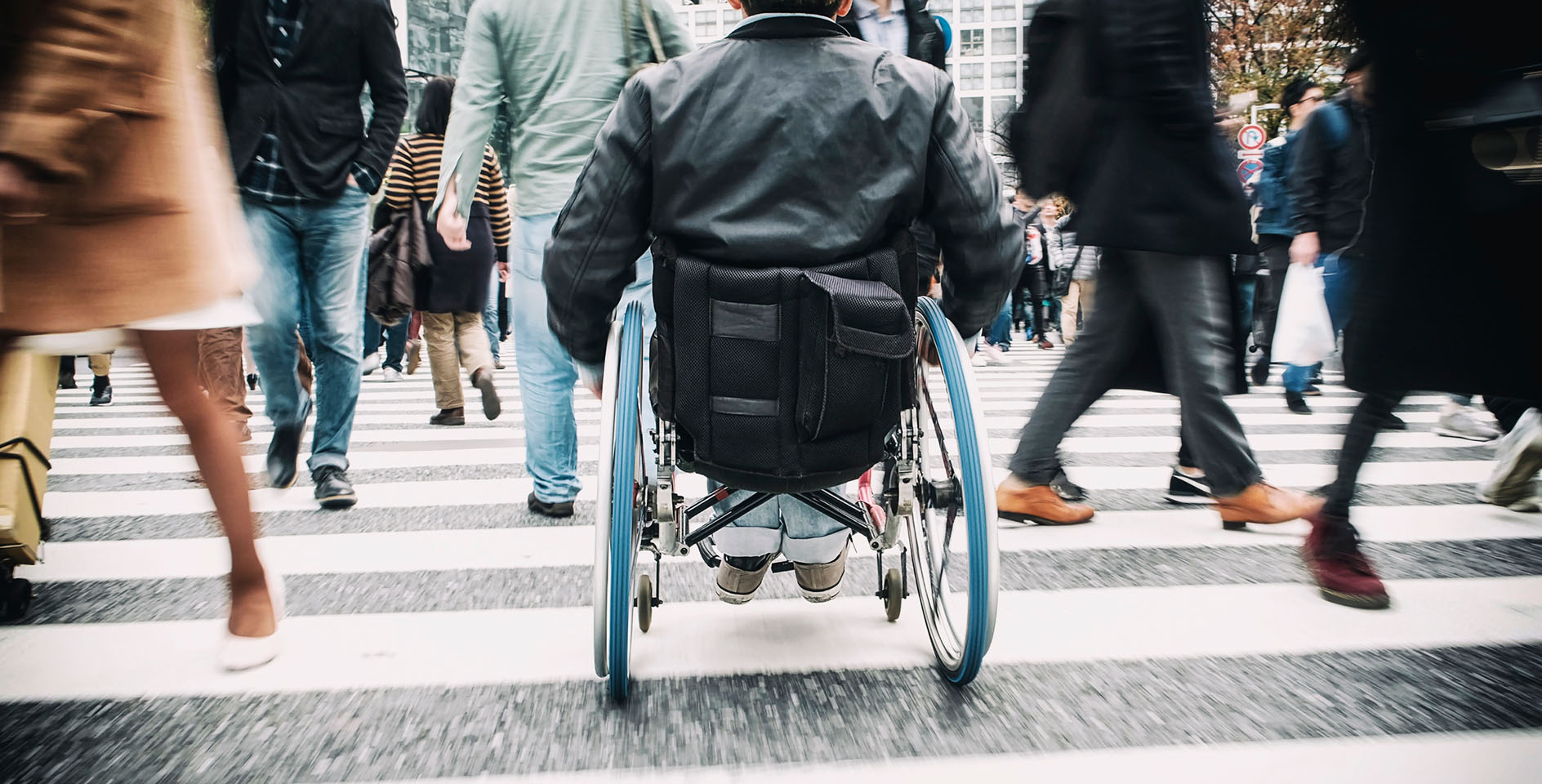Last month, the government of Canada introduced legislation to extend the temporary exclusion of eligibility for medical assistance in dying (MAID) where a person’s sole medical condition is a mental illness until March 17, 2024. The legislation (Bill C-39) passed the House of Commons and has been introduced in the Senate.
Here is what you should know about Canada’s law that allows for voluntary euthanasia.
What is Canada’s MAID law?
MAID is the acronym for Canada’s medical assistance in dying law. The laws allows physicians and nurse practitioners (in provinces where this is allowed) to help a person commit suicide by either directly administering a substance that will end their life or prescribing such as substance so that it can be self-administered.
The law provides exemptions from the criminal law concerning suicide and provides protection from liability to pharmacists and pharmacy technicians/assistants, healthcare providers who help physicians or nurse practitioners, and family members or other people who have been asked to participate. They are able to assist in the suicide process without being charged under criminal law as long as they follow the legal requirements.
This legal right to voluntary euthanasia has been in effect since March 17, 2021. Prior to that, the Supreme Court of Canada had ruled that a prohibition on medical assistance in dying violated the Canadian Charter of Rights and Freedoms.
What should Christians think about medically assisted suicide?
Medically assisted suicide is a form of euthanasia, the intentional act of taking a human life for the purpose of relieving pain and suffering. Christians should reject euthanasia because it denies the inherent dignity that God has given human beings and seeks to take the place of God in determining the end of life.
While those seeking MAID and those participating in the practice may want to eliminate suffering, what they are doing is actually undermining the objective value of life. Although the Bible does not speak about euthanasia directly, it teaches that we must regard life as belonging to God and approach issues of suffering with a critical and biblically-based approach. As Mary Wurster has written, “The value of human life in all its forms and at all stages is the central theme of the gospel, for it is the very purpose of Christ’s birth, death, and resurrection. To fail to respect human life at any point mocks the very essence of Christ’s mission to humanity.”
See also: How would you counsel someone interested in assisted suicide?
How many people are being legally euthanized under Canada’s MAID law?
In the five years since the law was adopted, there have been 31,664 medically assisted suicides. As the Canadian government notes, “annual growth in MAID provision continues to increase steadily each year.” In 2021, the total number of MAID deaths increased by 32.4% (2021 over 2020), compared to 34.3% (2020 over 2019) and 26.4% (2019 over 2018).
In 2021 there were 10,064 MAID related suicides, an average of 28 per day. MAID suicides account for 3.3% of all deaths in Canada. Across Canada, fewer than seven deaths were from self-administered MAID.
What is the reason people in Canada choose MAID?
According to the Canadian government, the most commonly cited intolerable physical or psychological suffering reported by individuals receiving MAID in 2021 was the loss of ability to engage in meaningful activities (86.3%), followed closely by the loss of ability to perform activities of daily living (83.4%).
Who is eligible for medically assisted suicide under MAID?
To qualify under MAID, a person wanting to take their own life must satisfy all the following criteria:
- Be eligible for government-funded health insurance in Canada.
- Be 18 years of age or older and have decision-making capacity.
- Have made a voluntary request for MAID that was not a result of external pressure.
- Give informed consent to receive MAID after having received all information needed to make this decision, including a medical diagnosis, available forms of treatment, and options to relieve suffering (including palliative care).
- Have a “grievous and irremediable condition,” meaning they have a serious illness, disease, or disability (excluding a mental illness until March 17, 2023), be in an advanced state of decline that cannot be reversed, and experience unbearable physical or mental suffering from an illness, disease, disability, or state of decline that cannot be relieved under conditions that the person considers acceptable.
Does a person have to have a terminal illness to qualify for medically assisted suicide?
No. The diagnosis has to be considered “serious” but not necessarily “terminal” (i.e., a condition that cannot be cured and is likely to lead to someone’s death).
Does a person with a mental illness qualify for medically assisted suicide?
If the sole underlying medical condition is a mental illness, they are not currently eligible for MAID. However, this exclusion is only in effect until next March, at which time it will be automatically repealed.
This exclusion also only applies to conditions that are primarily within the domain of psychiatry, such as depression and personality disorders, and does not include neurocognitive and neurodevelopmental disorders, or other conditions that may affect cognitive abilities. For instance, a person who has dementia, Alzheimer’s, Huntington’s, or Parkinson’s are all able to receive medical assistance in their suicide. In 2021, 12.4% of MAID deaths were for neurological conditions.
Are medical practitioners able to refuse to participate in Canada’s MAID law?
The MAID law does not itself compel doctors or physician assistants to participate in the medical killing of another person. However, various Canadian provinces have issued guidelines that “strongly encourage” medical practitioners who are unwilling to provide MAID to refer their patients to other institutions or providers.
Some provinces violate the conscience rights of doctors and physician assistants by requiring transfer of care or referral to a medical provider who will participate in the suicide. For example in the province of Ontario, objecting providers must make an “effective referral” to an available, accessible physician or agency willing to facilitate a request for assisted dying.






